The Jodrell family were originally from Yeardsley, on the Cheshire/Derbyshire border. Their ancestor was William Jaudrell, an archer under Edward the Black Prince in 14th C. By the late fifteenth century the family spelling was Jodrell.
Through marriage to Roger Knutsford’s daughter, Roger Jodrell of Yeardsley acquired Twemlow in Cheshire and so the Jodrell family resided at Twemlow giving their name to the Jodrell hamlet.
Jodrell Bank telescope was built here on Manchester University owned land in 1957. 60 years ago next year.
Jodrell Bank was first used by Manchester University's Department of Botany in 1939. The name of the site came from a slight rise on Jodrell land called Jodrell Bank. The local land was purchased from two very old established Norman families, the Leighs and the Massey's .This land was used for what became known as the Lovell Telescope after the scientist Bernard Lovell.
Today Jodrell Bank is a world famous centre for astronomy, tracking signals and sounds from stars and planets.





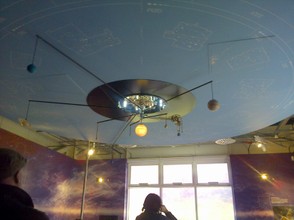

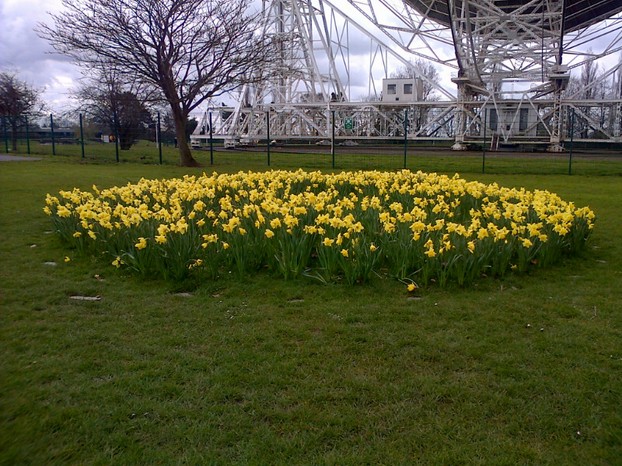
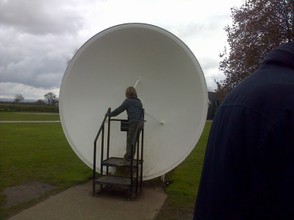





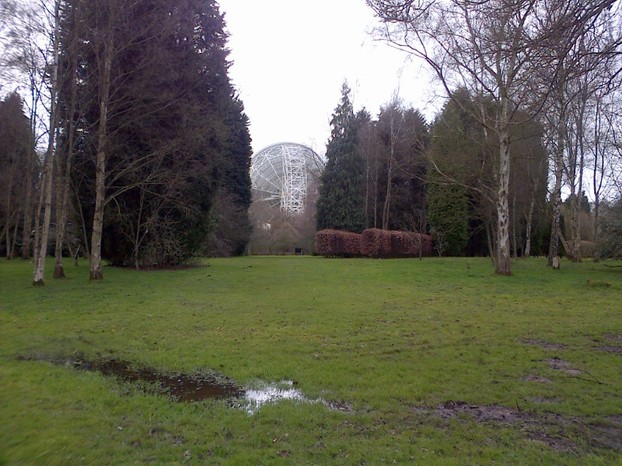


 Blarney Castle and Gardens, County Corkon 06/01/2023
Blarney Castle and Gardens, County Corkon 06/01/2023
 An Cóbh, Corcaigh, Eireon 05/29/2023
An Cóbh, Corcaigh, Eireon 05/29/2023
 Dublin ; The Book of Kellson 04/04/2023
Dublin ; The Book of Kellson 04/04/2023
 The Bee Tree Community CIC;- an online support communityon 08/24/2022
The Bee Tree Community CIC;- an online support communityon 08/24/2022
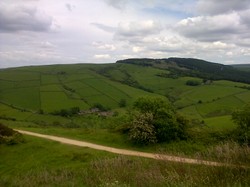
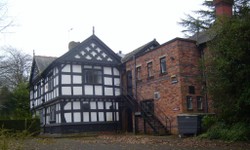
Comments
Surname study is a big endeavour. I have just made a minor update to my article on English surnames.
I wasn't suggesting that Twemlow dates from 5th C, I was stating that Anglo Saxon place names in general would date from that time.
It's a very posh hamlet even now.
Surnames indeed date from much later and generally fall into a few categories, e.g. place names such as Lincoln , Father's name- eg Dawson, occupation - Smith , Turner, Carpenter, location names -e.g. Ford, Bridge, physical attributes - e.g. Large, Redhead
Big Bro... I think a Wizzley page on surnames may be of interest. Over to you. :)
That sounds like a good explanation of the name Twemlow, but I suspect that as the Angles reached the Cheshire area in 627, the name Twemlow, which is Old English, dates from the seventh century. But surnames are younger than place names, for ordinary people only began taking surnames much later on than the seventh century.
Derdriu, TY
My grandson in the orange coat loves Jodrell Bank. ( isn't he just scrumptious ! ) We have been taking him there since babyhood.
The spaces noises that the telescope picks up re relayed through headphones in the Visitors' Centre. They are crackly and sometimes buzzy... very much like when tuning in an old radio. Just generic space radio waves I suppose.
Regarding Twemlow, it sounds very old English to me. "Low" in old British places usually signifies a small rounded hill. Twem would be two . Therefore as an old English name which would have come in the 5th C onwards, Twemlow would mean approximately ...place of two rounded hills.
Veronica, Thank you for taking us along with you all to visit the radio telescope. Do you know what space noises the little tyke in orange is so intently listening to? What is the origin of the name Twemlow?
Yes it is a lovely half day out I would think . It's restful and tranquil but very educational too. Of course that stunning, clear, crisp Cheshire air is there for the taking which makes it worth while.
When my oldest son and his wife come up from London they say the difference in Cheshire air is noticeable.
I would love to go there. Nice bit of history too.
Franklins were less than nobility, but near the top of the commoner scale. They had to rent land, but it was always possible for them to rise to lord of the manor, which was not part of the peerage, but more like the gentry.This seems to have been what Jaudrell did.
The Jaudrells are a well known Cheshire family. Being " an archer " wasn't a lowly position in the medieval armies.
William Jauderell has a Wiki page. They were of Norman origin.
Jaudrell sounds a Norman name, one of the minor Norman families who took land in England. If Jaudrell married into a landowning family, he was not poor, so he is likely to have got his money by going off to war for some plunder, and fighting with the Black Prince he would have gained much wealth by robbing the French. I suspect that this wealth is what gained him entry into a landowning family.
But Jaudrell would have had a life other than archery.As one of Norman stock he would not have been a serf, but most likely from a family of franklins or tradesmen. Franklins were free farmers rather than serfs who rented land from the aristocracy. Leaving the family farm or trade to go on what was basically an armed robbery in another country was a common way for younger sons to behave at that time. Nice chap!